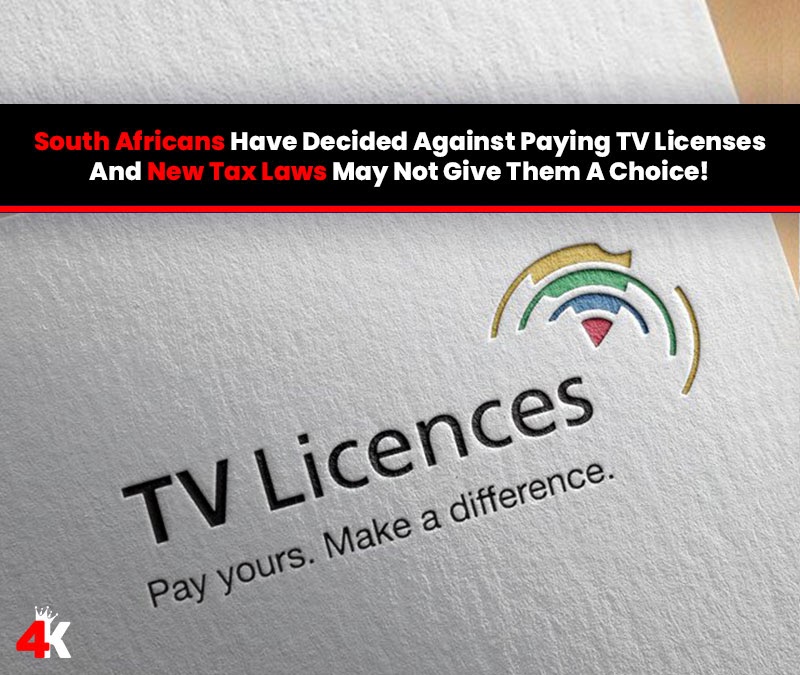South Africans have been giving the South African Broadcasting Corporation (SABC) the cold shoulder and the SABC is fed up. In a recent look at the SABC annual reports, it can easily be seen that more South African citizens have progressively stopped paying their TV licenses over the last four years.
Each year the SABC releases a report regarding certain tracking figures in order to give out a more complete view of how South Africans interact with the SABC. Focusing on a specific figure known as the “evasion rate”, this figure represents the number of South Africans who actively use their TV but do not pay their TV license.
According to the SABC’s annual reports, the evasion rate of 2021 was at a staggering 82%. This statistic evidently shows that the majority of South Africans who use the SABC’s TV services are not paying their TV license fees. In 2020 this same statistic sat at 80%, however remarkably the evasion rate in 2019 was only 69% this shows a rather significant increase in the number of people who aren’t paying for their TV licenses.
It’s easy to understand that the COVID-19 pandemic may have had a significant impact on these statistics. Though the pandemic may have had a head-on impact in many processes in South Africa, therefore, causing its citizens to be unable to pay their fees. In this case, data clearly shows that individuals are directly choosing to not pay for their TV licenses. The SABC had stated that this collection of fees was lower than anticipated, and though there are currently legislative prescripts of payment of fines and imprisonment for non-compliance, the SABC stated that their limited resources have made this option economically uneligible at this present moment.
The current regulations of the SABC contract state that first-time applicants must pay the full annual fee of R265. Following this, renewals must be made annually before sed license has expired, or the fee can be paid in R28 monthly installments. Though the staggering evasion rates are not newly sprouted problems that the SABC faces, the battle is more so in discovering ways to make up for the shortcomings in revenue.
Considering these aspects you can’t really blame the SABC for taking the matter further. In November 2021, the SABC had decided to submit a presentation to the parliament of South Africa. Here they had declared their consideration to scrap the traditional SABC model for a new public media levy. The SABC stated that the new levy would be device-independent and apply to all households and businesses. However, the most significant aspect of this levy is the fact that South African citizens would now be charged based on whether or not they have access to the SABC content. Now South Africans would have to pay the levy even if they don’t watch SABC, all South Africans who have access to the content will be charged regardless of whether they watch SABC or not, if SABC is on your device you will be forced to pay!
The current traditional SABC model is based on ownership of a physical TV set, the SABC had stated that this model has become outdated and in turn, causes the collection of fees to be more complicated. Through the developments in technology, individuals are now able to access content available on TV through many different devices or platforms. The SABC had also stated that they would provide an exemption for the extremely poor and discounts for South African pensioners.


